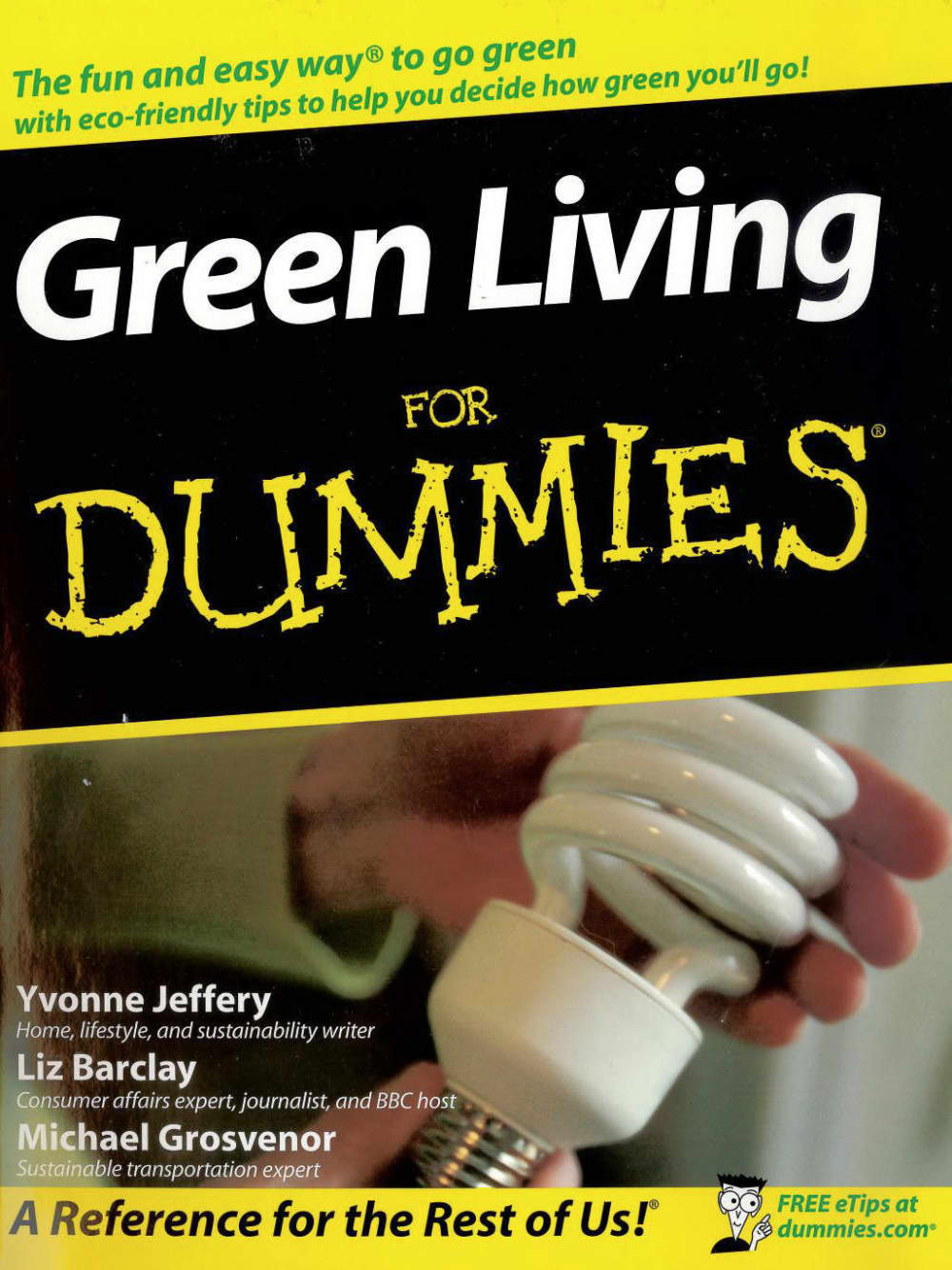Don't believe everything you see with green
The greenwashing of Houston: When green's nothing but corporate spin
 Green...or just green-coated?
Green...or just green-coated? There's only one earth, but a lot of different ways for corporations to feigngreen.
There's only one earth, but a lot of different ways for corporations to feigngreen. Some corporations might want to read this book.
Some corporations might want to read this book.
Houstonians are sophisticated and civilized 21st-century people. We care about the environment. Even if we don't share the same politics, there's no reason to root against having a greener, more resourceful city.
Which makes it all the more shocking when you ask someone where the recycling bin is and they respond as if you just asked directions to Herbie Hancock’s Boxing Day backyard barbecue. Recently, a bartender at a popular nightlife establishment I'm too embarrassed to disclose laughed at me when I asked where to find the place's recycling receptacle.
But if you compare that to how most companies are touting their commitment to the environment, the honesty and transparency there almost seems admirable.
Almost.
The truth about many companies trumpeting their "greenness" is that those claims are not always true. This trend is called greenwashing.
The term is credited to Jay Westerveld, who in 1986 wrote an essay regarding the hotel industry’s practice promoting the reuse of guest towels, with the stated mission of saving the environment, but in reality to save on water costs. Greenwashing takes root from the term whitewashing, which is about 75 percent less ethnocentric than you might imagine. When the marketing messages promoting the “greenness” of a company are misleading, disingenuous, or not consistent with the reality of the company’s environmental initiatives, that's greenwashing.
As the term green has gained acceptance in the mainstream and become an increasingly amorphous term, greenwashing also has increased. There are many different levels of greenwashing, starting from making vague claims such as "natural" to touting greenness to cover up the realities of the business.
Greenwashing is practiced by all major companies to some extent: GE, Walmart, Chase, BP, Exxon, the list goes on and on. But a key component of green is localism, and there is no shortage of Houston greenwashing. Some restaurants are claiming to be green simply because they recycle and some banks have touted "greenness" to rebrand and take advantage of the green movement as it exploded onto the public consciousness.
You've also got Chevron facing a multi-billion dollar lawsuit for failure to remediate environmental destruction in Ecuador while they launched the Human Energy ad campaign showing their commitment to the environment. The campaign asks consumers not only to turn off lights but to join them at their Web site, complete with an energy conservation computer game. Another section of their Web site speaks of a dedication to the environment that makes Greenpeace seem like a Young Republican's homepage.
Anyone who uses the highway system is no stranger to the growing number of David Weekly billboards touting the green homes they are building in the suburbs. Greater Houston Partnership representatives claim we're building more green homes in Houston than anywhere else in the United States. This is based on an EPA report that the state of Texas has the most Energy Star qualified homes, and Houston has the most in the state.
Greenwashing comes into play by their casual connection between Energy Star and green. Energy Star focuses on energy usage, not local or sustainable production of material, indoor air quality or many other critical aspects of green. While these claims are not demonstrably false, they are misleading to say the least.
All of this is a mere also-ran in comparison to what happens every summer on Buffalo Bayou. The Buffalo Bayou Partnership Web site extensively documents its commitment to sustainability and environmental friendliness at every event, all of which are admirable goals. Goals you might expect to find at their signature event, KBR Kids Day, in June. Last year's advertising featured an adorable turtle, and was rife with environmental imagery.
Of course this green imagery supports the mission of Buffalo Bayou partnership, but it also polishes the image of KBR as a company that cares about the environment (and your children).
Nevermind that lawsuits allege that KBR uses slave labor in their (unsustainable) construction work in Iraq or that they are being taken to court by several Iraq War veterans for their practice of war-zone burn pits, where they routinely burn human corpses, asbestos, pesticides, tires, lithium batteries, styrofoam, plastics, and entire trucks. (The company has responded that it operates the pits according to Army guidelines.)
KBR's ability to project a "green" image goes a long way to washing over these facts of their operations and influencing public opinion, and it is clearly a textbook (and successful) example of the greenwash.
Our beloved former Mayor Bill White spoke so often last year about his goal and prediction that Houston is going to become "the greenest city in America," he must have imagined he was already in Austin. Unless we are ready to confront corporate greenwashing in Houston, the only shot we have is to keep planting more trees on Greenbriar and call it a day.
Come to think of it, they could actually use some more trees at the southwest corner of Greenbriar and 59.
Evan O'Neil is the creative director at New Living, a green building and home store, but he also just threw out a styrofoam container.

 Coming soon to Missouri City.
Coming soon to Missouri City.